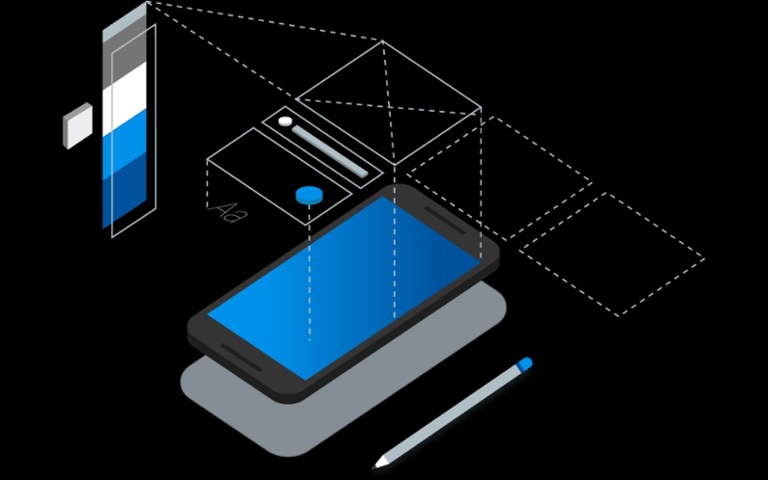Google Flutter Is Now Ready for Developer App Building
Google is announcing its Flutter SDK is now out of beta, and is ready for the developer world at-large. Though still saddled with the carefully worded “Release Preview 1” moniker, Google notes the release nonetheless “signals our confidence in the stability and quality of what we have.” The company also says it will focus on “bug fixing and stabilization” moving forward, likely for its second preview. Development is happening rapidly. After I/O, which had six dedicated Flutter sessions (and ten appearances by the SDK overall), Google says the total number of Flutter users has increased 50 percent. An open source project, Flutter's GitHub repo is now a top-100 repository. It’s also worth mentioning that Flutter’s beta release was February; it’s gone from a work-in-progress to widely available in just few months. If you’re unfamiliar with Flutter, it’s Google’s new development kit for creating cross-platform apps for Android and iOS. Rather than a one-size-fits-all approach, Flutter apps maintain separate UI elements for iOS and Android so the apps feel more native. It uses a C++ rendering engine and a framework written in Dart. Flutter is possibly a precursor for Fuchsia, Google’s nascent operating system that’s still in deep beta mode. It’s hard to say exactly how the framework and operating system will work together when both are more stable, but if Fuchsia is meant to replace Android and/or Chrome, Flutter is well-positioned to dominate the Google ecosystem. Use-cases for Flutter are currently a bit light. Its splashiest contribution to the app economy (pun intended) might be AdWords. Google used it to create the AdWords app, which helps advertisers keep track of campaigns and ad buys. Alibaba, China’s largest online commerce company (yup, it’s Amazon for China), also uses Flutter. From there, it’s a bit random. The official app for the stage show Hamilton uses Flutter, as do apps like Coach Yourself (a meditation app for German-language markets) and Abbey Roads Studios’ Topline app, a simple recording service for capturing song ideas. Flutter in the wild might be hard to come by, but we’re also in the proof-of-concept stage. Google might run into Apple’s walled garden with it, too. Next year – likely at WWDC 2019 – Apple will provide tooling for iOS developers to make their native apps available for macOS. It’s hard to see how Google’s tooling will intersect with Apple's roadmap.

